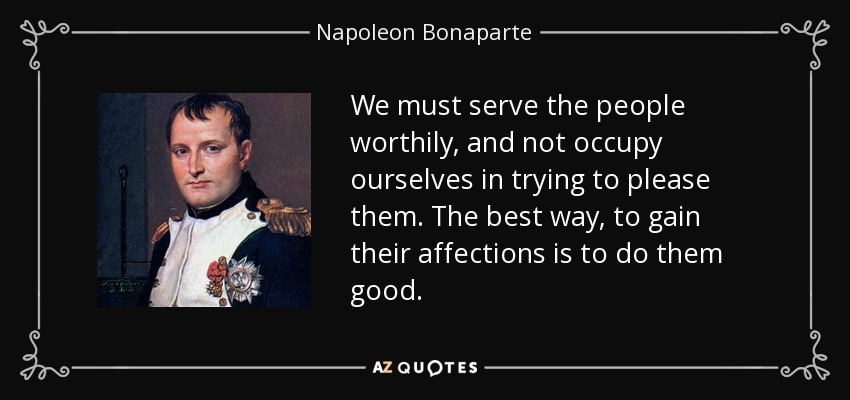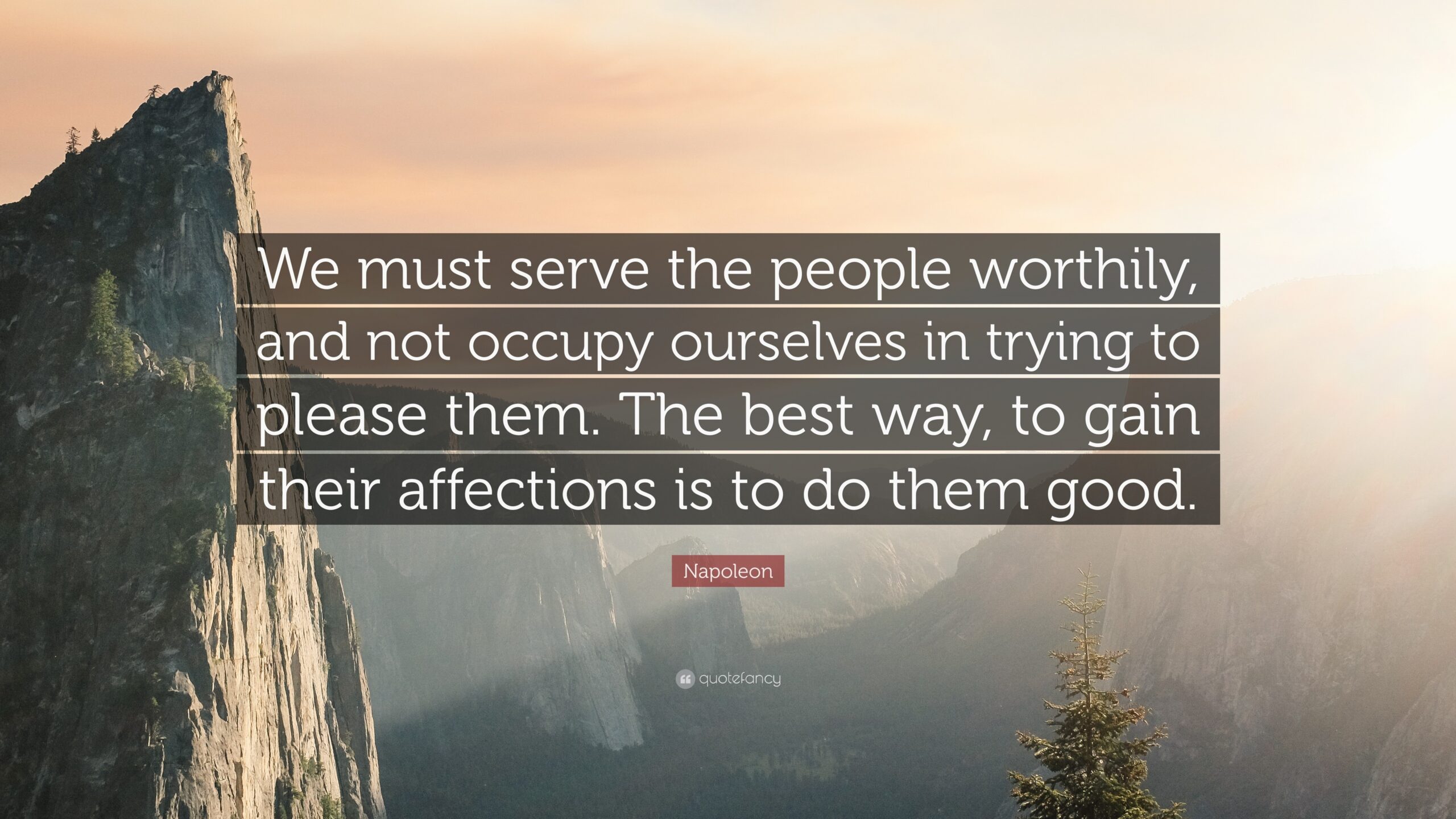Smart Ways to Get People to Like You in 2025
In today’s fast-paced world, learning how to make friends and foster meaningful connections is more essential than ever. The ability to be likable can influence both personal and professional relationships. In this article, we’ll explore proven techniques to help you show kindness, listen actively, and connect genuinely with others, enabling you to stand out as a friendly and approachable individual in 2025.
Unlocking Your Inner Likability
To enhance your social interactions, it is critical to understand the traits that make someone likable. People gravitate toward those who demonstrate warmth, sincerity, and confidence. By focusing on elements such as being approachable and expressing interest in others, you can develop relationships that are meaningful and lasting. Moreover, maintaining a positive attitude not only boosts your self-esteem but also makes you more attractive socially.
Be Genuine and Show Authenticity
Being genuine is vital for building trust. When you are true to yourself and express your thoughts honestly, it fosters an environment of psychological safety for others. Practice expressing authenticity in conversations and interactions. When you share personal stories and experiences, it can deepen connections and help those around you feel more comfortable opening up as well. Embracing your unique qualities will help you form genuine friendships.
Active Listening: The Key to Connection
Listening actively is an essential social skill that reveals your respect for others’ opinions and feelings. When you practice effective listening, you show engagement and appreciation for what others have to say. Maintaining eye contact and using open body language during conversations demonstrates your attentiveness. By asking follow-up questions and encouraging others to elaborate, you can create deeper emotional connections.
Express Empathy and Celebrate Wins
Expressing empathy involves putting yourself in someone else’s shoes and understanding their emotions. This skill can significantly enhance your interpersonal relationships. Furthermore, take the time to celebrate achievements of others, whether big or small. Showing appreciation boosts morale and helps reinforce bonds within your social network. Frequent compliments and recognition can unite friends and colleagues, promoting a culture of positivity.
Connecting Through Common Interests
Finding common interests is a simple yet effective strategy in fostering connections. When you share experiences or explore passions together, it creates a strong foundation for friendship. Understand that enjoying activities together can accelerate friendship formation. Whether it’s hobbies, professional interests, or community events, identifying shared pursuits can solidify your relationships.
Engage in Meaningful Conversations
Choosing the right topics to discuss can greatly enhance your conversation’s effectiveness. Aim for engaging discussions that interest both parties. Ask open-ended questions to spark dialogue. This not only reveals your interest in others but can also lead to sharing humorous anecdotes or insightful stories. Invest time and energy in comprehending social cues to significantly improve your conversational engagement.
Use Humor to Create Bonds
A good sense of humor can go a long way in establishing rapport. Sharing humor helps in creating joyful memories and contributes significantly to group dynamics. It’s essential to understand your audience and gauge their sense of humor effectively. Light-hearted jokes or funny incidents can bring people together, making social gatherings enjoyable and memorable.
Join Groups and Volunteer
Becoming a part of community groups or volunteering opens exciting avenues for networking and socializing. These environments often cultivate shared values and passion, forging connections based on collaboration and community improvement. Participating in events or clubs with mutual interests allows you to interact more naturally, ultimately enriching your social circle.
The Art of Positive Behavior in Social Settings
Maintaining an optimistic outlook significantly impacts your likability. People appreciate those who maintain a positive attitude, especially during challenging situations. Moreover, practicing self-care forms a foundation for a positive presence and influences how you relate to others. Staying present in conversations by managing distractions contributes to a more engaging exchange with friends and acquaintances.
Respecting Boundaries
It’s critically important to respect boundaries in relationships. Understanding personal limits can prevent discomfort and build stronger emotional ties. Consider the feelings and constraints of those around you and be patient while nurturing friendships. Strong friendships evolve when both parties acknowledge and respect each other’s space and individuality.
Demonstrate Reliability and Offer Support
Showing responsibility and reliability is paramount to building trust. Being supportive not only makes others feel valued but also strengthens the connection. Whenever possible, offer assistance or constructive feedback to your friends or colleagues. Developing charisma and confidence can help you authentically convey support and grow together in mutual understanding.
Show Gratitude Regularly
Expressing gratitude significantly impacts social dynamics and cultivates a positive atmosphere. Whether through simple gestures, thank-you notes, or sincere acknowledgments, showing appreciation reinforces bonds. Celebrate the efforts and contributions of those around you, affirming your genuine care for their feelings and fostering deeper emotional connections.
Key Takeaways
- Be genuine and transparent in your interactions.
- Listen actively and express empathy in conversations.
- Engage in meaningful discussions that find common interests.
- Maintain a positive attitude and respect boundaries.
- Show gratitude and celebrate the achievements of others.
FAQ
1. How can I improve my networking skills for better connections?
To enhance your networking skills, start by being friendly and approachable. Engage in small talk, express interest in others, and share common topics. Practice active listening and ensure you remember names, as this shows that you value those you meet. Regularly volunteering or attending events can expand your network significantly.
2. Why is listening actively so important?
Listening actively establishes trust and shows that you genuinely care about others’ thoughts and feelings. It fosters greater understanding and communication, letting others feel valued and acknowledged. This ultimately leads to stronger relationships built on respect and empathy.
3. What are the best strategies to build rapport with new acquaintances?
To build rapport, ensure you display warmth and friendliness. Use open body language, maintain eye contact, and find common interests to discuss. Engage in humor personally tailored to the situation, as laughter can create a solid relational foundation. Always express honesty and vulnerability, which promotes connection.
4. How can I create a safe environment for expressing opinions?
Creating psychological safety involves demonstrating that all opinions are valued. Foster open dialogue by encouraging others to share thoughts without fear of judgment. Practice patience, acknowledge contributions openly, and demonstrate empathy during discussions to enhance comfort in sharing ideas.
5. What impact does positivity have on social interactions?
A positive attitude significantly influences social interactions by attracting others and fostering an uplifting atmosphere. When you practice optimism, it enhances others’ mood, making them more likely to engage with you. Positivity reinforces trust and opens doors for deeper, more meaningful connections.


